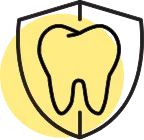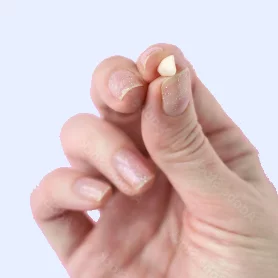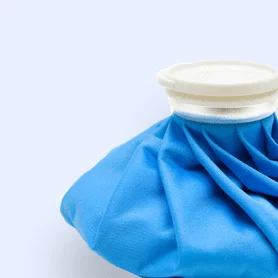How can we help?
The Benefits of Pediatric Dentistry
Good oral health starts in infancy, before the first tooth. The earlier your children take proactive measures, the greater their changes for a healthier, happier smile in adulthood.

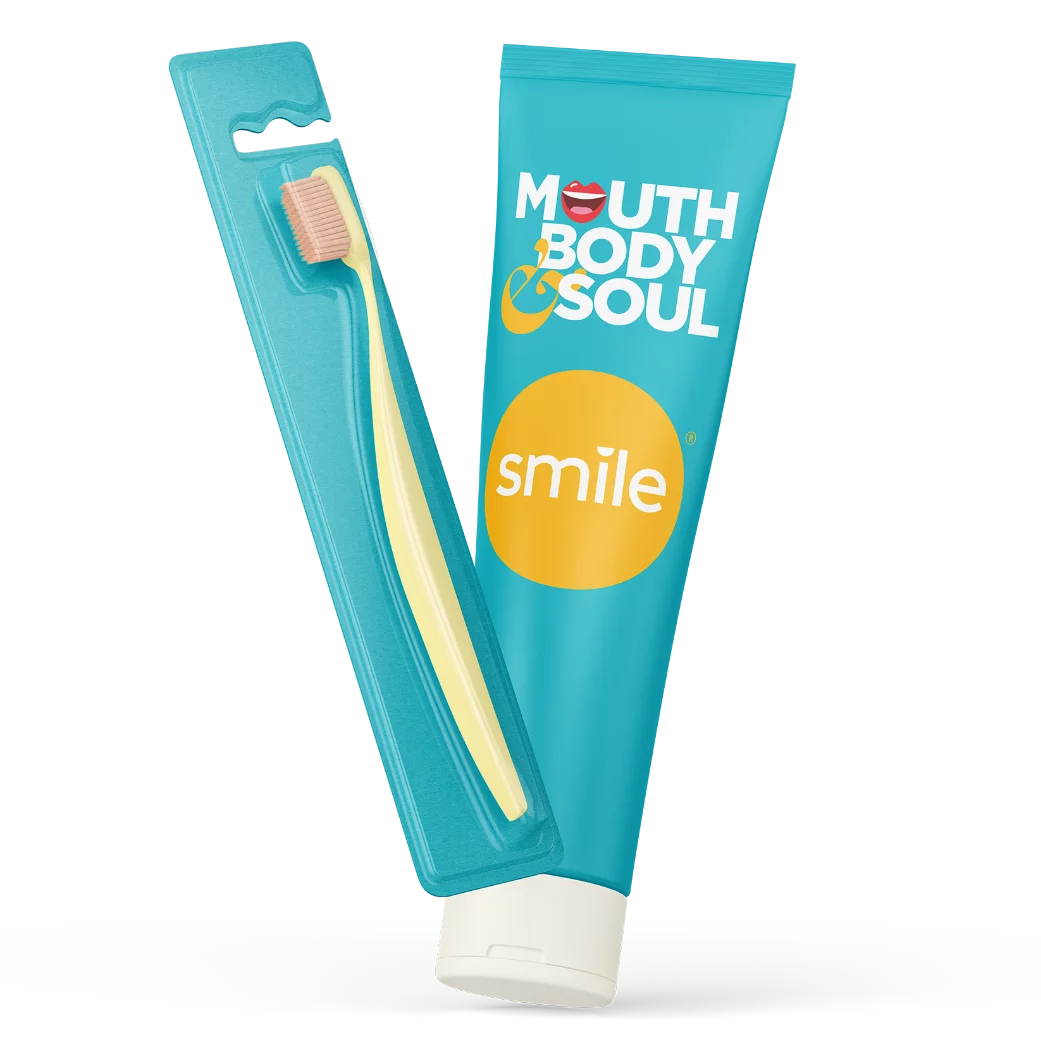
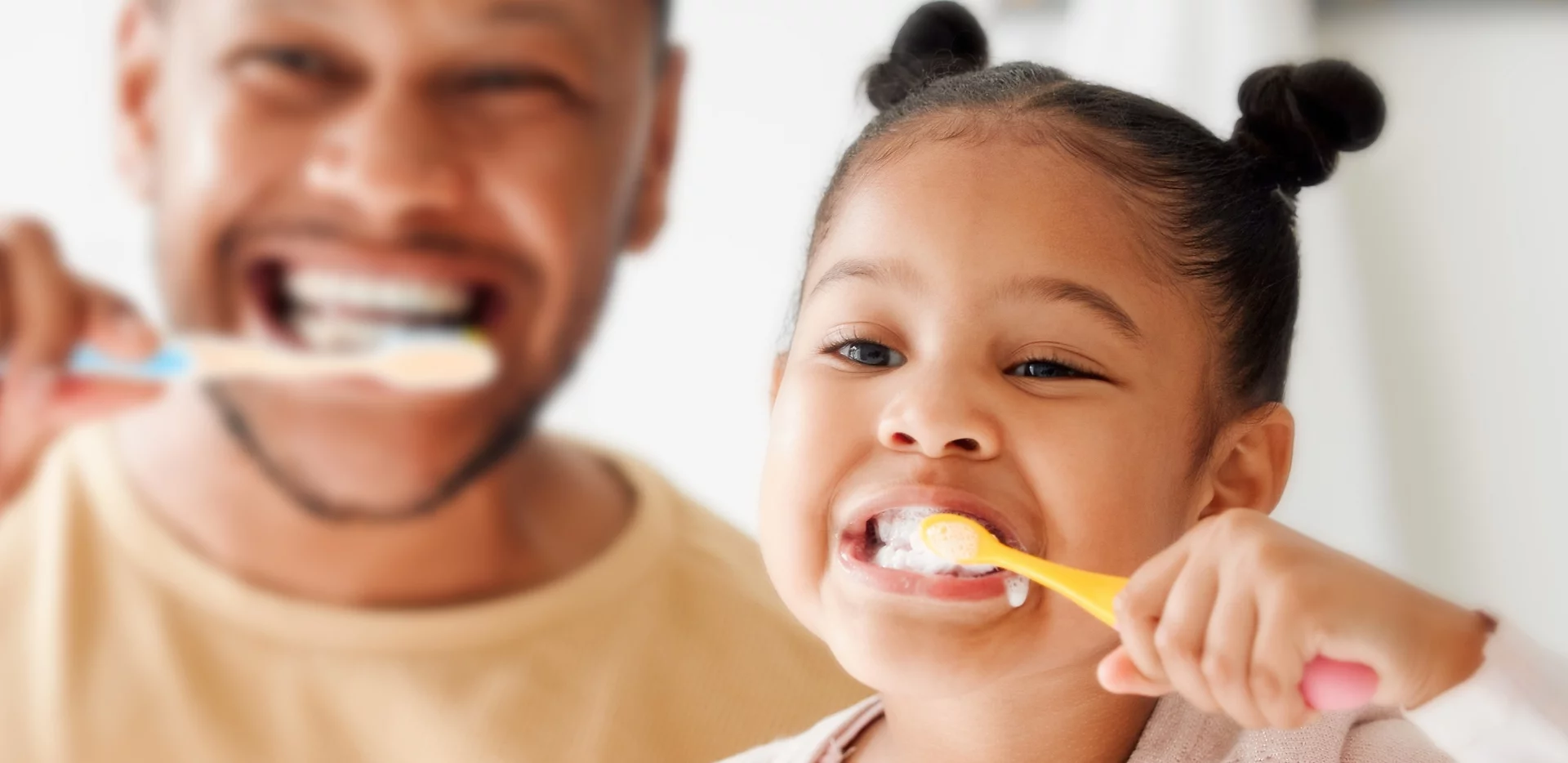
Book an Appointment Today
Healthier, happier smiles start young. Make the time for it. Schedule today.
Got questions?
If you or your kids have questions about dentistry, you’re in the right place. Find your answer just a click away.
Yes, kids can get dental cleanings. Just like adults, kids can develop cavities and gum disease, so they should get an oral exam and teeth cleaning twice a year. Children can start making visits to the dentist as soon as their teeth come in, even before the age of one, to address any issues that arise as quickly as possible. Getting children accustomed to dental visits can help them in years to come.
For more information on pediatric dental visits, read our article "Getting Your Kid's Teeth Ready for Back to School."
You should have your teeth cleaned twice a year, which means every six months. The American Academy of Pediatric Dentistry recommends that children also receive cleanings twice a year. Children's teeth can accumulate harmful tartar just like an adult's, which requires professional cleaning. When tartar gets below a child's gum line, it can require teeth scaling to remove the tartar and restore the gums to health. Be sure to schedule regular dental cleanings for both you and your child. The back-to-school seasons at the end of school breaks are the perfect times to make a visit, before school returns and fills up your schedule.
For more information, read our blog article "Getting Your Kid's Teeth Ready for Back to School."
If you have children, you might wonder how you start making oral hygiene a habit. Here are some easy steps to start your kids off on the right track!
1. Start early Start teaching your child to brush before they even have teeth. Kids pick up habits quickly, so start by “brushing” your baby’s gums every morning and evening. Simply using a soft bristle brush or silicone finger with no toothpaste will do the trick. This makes it much easier to transition to toothpaste and an actual toothbrush when your child is ready to start brushing because they are used to the process.
2. Prioritized routine dental visits from a young age You should take your child for their first dental visit within six months of the first tooth coming in and no later than their first birthday. Not only does this set the standard that dental appointments are essential, but it also works to correct problems or potential problems early on.
3. Set the example You already know, kids watch everything you do, including how you take care of yourself. So by letting your kids see you brushing your teeth and flossing, they start to learn that this is something they, too, should do. Let your kids see the steps you take to maintain good oral health. Talk about going to the dentist and show them foods that are both good for the body and their teeth. These are all effortless ways to set your kids up for success.
Learn more in our blog article, "The Importance of Children's Dental Health Month."
According to the American Dental Association, children should start flossing as soon as they have teeth that are touching. Children of a young age will probably need help flossing their teeth, so parents should be ready to assist. If you are having difficulty, try using flossers that have been specially designed with children in mind. It is important to maintain your child's oral health even when they have baby teeth and help them build oral hygiene habits that will last a lifetime.
For more info, see our blog article "How to Floss for Kids & Toddlers."





